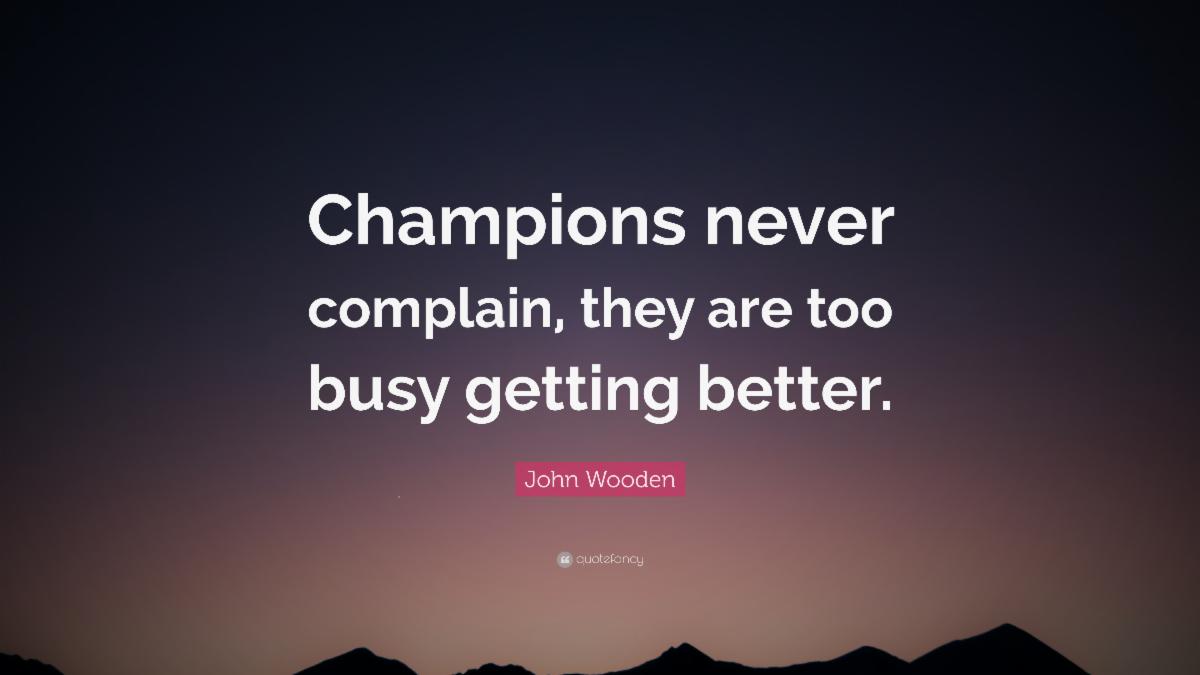Attributes of High Functioning Teams

This is a long one, but I found it to be interesting in understanding how teams and especially how high performing teams come together and why retention is so important. Why? Because it take a while for people to build the relationships and trust to work with others to get to that high performance level.
"None of us is as smart as all of us." quote by Ken Blanchard. This sums up perfectly effective, high-performing teams. There are few things more energizing than being part of an incredible team - one that works seamlessly together, challenges each other to think in new and creative ways, and delivers fantastic results.
Research shows high-performing teams are happier, more engaged, and help drive business results.
From a study done with Fortune 500 companies, here are 10 Attributes of high performing Teams.
- Clear and aligned purpose. Everyone understands the vision, purpose, and goals, and is focused on achieving them.
- Clear roles and responsibilities. We each know how to contribute to those goals, and understand how all of our pieces fit together. We leverage our individual strengths to achieve our goals.
- Build trust through relationships. We know and care for each other. We show empathy and compassion. We act in the best interest of the team/the company/the work. We hold and trust each other to be accountable.
- Communicate frequently and effectively. We keep each other informed, share information, provide updates, provide context, and let each other know if something has changed. We've also figured out the best channels of communication for our team, i.e. when to have a meeting, IM or email.
- Collaborate often. We truly believe in the power of group genius, leverage each other's strengths, and partner effectively - all with the larger goals and purpose in mind. We give each other feedback with the intention of helping each other show up at our best, and be successful together.
- Appreciate & encourage diverse thinking. We see different perspectives and opinions as an opportunity for new ways of thinking and eliciting new ideas. Different opinions help us expand our thinking, develop a wider array of solutions/ideas, learn and improve our output.
- Manage conflict constructively. We don't always agree, but we can talk to each other when that happens. We view conflict as an opportunity to learn.
- Learn and adapt. We enjoy exploring new ideas, we're curious, ask questions, and challenge each other's thinking. We're able to try, fail, learn, adapt, and adjust our course as we bring in new information.
- Celebrate success and show appreciation. We congratulate and thank each other for the great work people are doing. We also show appreciation for the individual people on the team.
- Measure outcomes and success. We can tie back our work to our purpose and goals in a way that allows us to feel, see, and understand the broader impact we make.
How does your chapter measure up to these attributes? It takes a while for a team to reach the high performing stage. Actually there are 5 stages of development of a high performance team. Read on to see where your chapter may be.

- Forming - The forming stage involves a period of orientation and getting acquainted. Uncertainty is high during this stage, and people are looking for leadership and authority. A member who asserts authority or is knowledgeable may be looked to take control. Team members are asking such questions as "What does the team offer me?" "What is expected of me?" "Will I fit in?" Most interactions are social as members get to know each other.
- Storming Stage - The storming stage is the most difficult and critical stage to pass through. It is a period marked by conflict and competition as individual personalities emerge. Team performance may actually decrease in this stage because energy is put into unproductive activities. Members may disagree on team goals, and subgroups and cliques may form around strong personalities or areas of agreement. To get through this stage, members must work to overcome obstacles, to accept individual differences, and to work through conflicting ideas on team tasks and goals. Teams can get bogged down in this stage. Failure to address conflicts may result in long-term problems.
- Norming Stage* - If teams get through the storming stage, conflict is resolved and some degree of unity emerges. In the norming stage, a consensus develops around who the leader or leaders are, and individual member's roles. Interpersonal differences begin to be resolved, and a sense of cohesion and unity emerges. Team performance increases during this stage as members learn to cooperate and begin to focus on team goals. However, the harmony is precarious, and if disagreements re-emerge the team can slide back into storming.
- Performing Stage - In the performing stage, consensus and cooperation have been well-established and the team is mature, organized, and well-functioning. There is a clear and stable structure, and members are committed to the team's mission. Problems and conflicts still emerge, but they are dealt with constructively. The team is focused on problem-solving and meeting team goals.
- Adjourning Stage - In the adjourning stage, most of the team's goals have been accomplished. The emphasis is on wrapping up final tasks and documenting the effort and results. As the workload is diminished, individual members may be reassigned to other teams, and the team disbands. There may be regret as the team ends, so a ceremonial acknowledgment of the work and success of the team can be helpful. If the team is a standing committee with ongoing responsibility, members may be replaced by new people, and the team can go back to a forming or storming stage and repeat the development process. (This can be related to BNI's Leadership Transition).
*Team Norms and Cohesiveness - Teams usually develop norms that guide the activities of team members. Team norms set a standard for behavior, attitude, and performance that all team members are expected to follow. Norms are like rules but they are not written down. Instead, all the team members implicitly understand them. Norms are effective because team members want to support the team and preserve relationships in the team, and when norms are violated, there is peer pressure or sanctions to enforce compliance.
Norms result from the interaction of team members during the development process. Initially, during the forming and storming stages, norms focus on expectations for attendance and commitment. Later, during the norming and performing stages, norms focus on relationships and levels of performance. Performance norms are very important because they define the level of work effort and standards that determine the success of the team. As you might expect, leaders play an important part in establishing productive norms by acting as role models and by rewarding desired behaviors.
Norms are only effective in controlling behaviors when they are accepted by team members. The level of cohesiveness on the team primarily determines whether team members accept and conform to norms. Team cohesiveness is the extent that members are attracted to the team and are motivated to remain in the team. Members of highly cohesive teams value their membership, are committed to team activities, and gain satisfaction from team success. They try to conform to norms because they want to maintain their relationships in the team and they want to meet team expectations. Teams with strong performance norms and high cohesiveness are high performing.
Which stage is your chapter in? What are the norms for your chapter?
It's great to be part of a high performance team, but most teams don't 'arrive' or get there easily. It takes work, a lot of communication, relationship building, and trust. The more a chapter is a high performing team, the better they will work together and everyone wins, gets more referrals, and gain more business.
Do you want/need help in working through becoming a better functioning team? Contact your Support Director. They would be happy to help. That's their job, to help and support you and your chapter - Your Team.

Material from 2 articles -
Here are some additional resources:
Building a Cohensive Team - Dr. Misner
Leadership Team Vision & Goals - BNI U
Team Strengths are all about Weaknesses - BNI University
Tell Me One Thing That's Working - Dr. Misner
We're All in this Together - Dr. Misner
For previous articles refer to my Notably Green Blog.
Let me know if you have any questions and how I can be of help.
To Your Success,

















